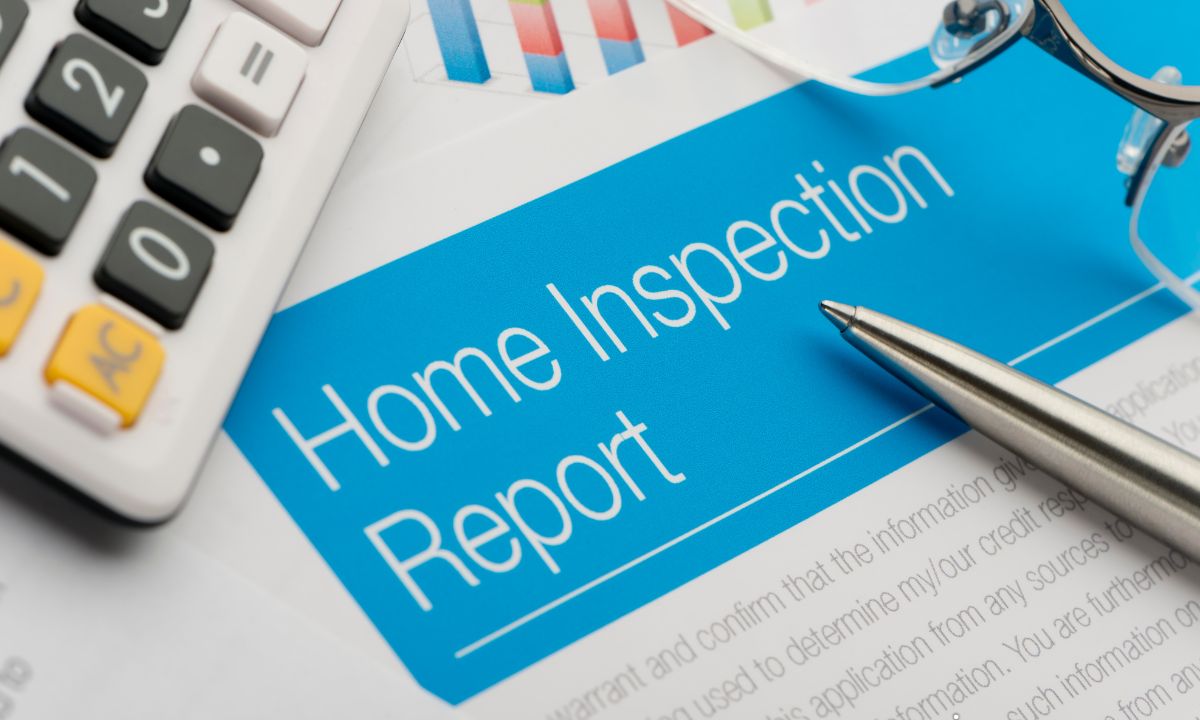 If you’re actively preparing to list your home for sale, resist the temptation to make major home improvements. Focus on minor projects instead for a better return on your time and money. It’s the smaller projects that tend to have a bigger, long-term payoff.
If you’re actively preparing to list your home for sale, resist the temptation to make major home improvements. Focus on minor projects instead for a better return on your time and money. It’s the smaller projects that tend to have a bigger, long-term payoff.
So, how do you determine which projects are the “smaller ones”? It’s obvious when you think like a buyer.
Consider: Home buyers don’t always notice when your home is in working order. In fact, they expect it to be that way. What they do notice, however, is when things are “broken”. When a buyer sees torn screens in your windows or burnt-out light bulbs, they begin to wonder what else in the home has not been cared for.
This is one reason why — especially during warmer months — it’s sensible to hire an exterminator before selling your home. If a prospective buyer uncovers bugs in your bathroom, it can leave a lasting, negative impression, one that won’t likely lead to a purchase.
So, with “small repairs” in mind, here are 5 simple projects you can tackle in a weekend, that will help your home show better. Each is low-cost and high-impact:
- Repair or remove torn screen doors
- Fix all leaky faucets and toilets
- Touch up holes and cracks in paint, interior and exterior
- Apply a lubricant to squeaky doors and cabinets
- Get “clutter” into storage and physically out of the way
In addition, you’ll want to pull weeds from your yard, seed any bare spots you find, and lay down fresh mulch, where appropriate.
You won’t need to spend big bucks to get your home ready for sale, but the time spent on repairs will ultimately have a pay-off. Homes that show better often sell much faster and at higher prices.
 Most independent rental property owners in the U.S. reportedly work another job on top of being a landlord. That means the overwhelming majority of landlords are attempting to juggle more than they can handle at times. However, there are organizational and strategic concepts that can maximize efficiency and profitability.
Most independent rental property owners in the U.S. reportedly work another job on top of being a landlord. That means the overwhelming majority of landlords are attempting to juggle more than they can handle at times. However, there are organizational and strategic concepts that can maximize efficiency and profitability. Join us as we navigate through the common queries that may emerge throughout your mortgage journey. Remember, your quest for homeownership should be illuminated with comprehension and direction. Let’s discuss the primary 4 mortgage inquiries and decode the secrets to unlocking the gateway to your ideal home.
Join us as we navigate through the common queries that may emerge throughout your mortgage journey. Remember, your quest for homeownership should be illuminated with comprehension and direction. Let’s discuss the primary 4 mortgage inquiries and decode the secrets to unlocking the gateway to your ideal home.
 Are you tired of pouring your hard-earned money into rent payments every month, only to see it vanish into thin air? Have you ever considered that homeownership might be the key to escaping the rent trap and building wealth for your future? We will explore how homeownership can be a powerful wealth-building tool compared to renting.
Are you tired of pouring your hard-earned money into rent payments every month, only to see it vanish into thin air? Have you ever considered that homeownership might be the key to escaping the rent trap and building wealth for your future? We will explore how homeownership can be a powerful wealth-building tool compared to renting. So, you’ve found your dream home, made an offer, and had the home inspection done. But wait—what happens next? For many homebuyers, negotiating repairs after a home inspection can be a daunting task. However, with the right approach and some negotiation skills, you can ensure that your new home is in tip-top shape without breaking the bank.
So, you’ve found your dream home, made an offer, and had the home inspection done. But wait—what happens next? For many homebuyers, negotiating repairs after a home inspection can be a daunting task. However, with the right approach and some negotiation skills, you can ensure that your new home is in tip-top shape without breaking the bank.